In addition to the vocational school system, production and job establishments are also very effective vocational training addresses and are attended by many people. Especially in recent years, when economic life has developed, the demand for beauty has increased, beauty service establishments have flourished, the demand for learning beauty professions has increased. And the beauty establishments that both serve customers and are also places to receive people who need to learn a profession have contributed positively to the changes in vocational training - so that teaching and learning a profession is increasingly close to the market.
Anh Cuong Hair Salon of Mr. Tran Duc Cuong at 151 Tran Hung Dao, Phu Ly city is always crowded with customers. This is also the place that receives many people who want to learn hairdressing for training.
Tran Duc Cuong said that his hometown is Vinh Tru town, Ly Nhan district. After graduating from junior high school, like many other young people, he took the high school entrance exam, but after half a semester of 10th grade, he did not want to study anymore and wanted to go to vocational school. After a period of studying and working at a hair salon in Hanoi, he found that he had a talent and loved this profession, so he decided to stick with it. After building his own family, he and his wife opened a hair salon in Vinh Tru town. Here, he both serves customers and accepts students who want to learn hairdressing. In 8 years of working in Vinh Tru town, each year he trains about 10 people to become professionals.
In 2022, he moved to Phu Ly to open a hair salon and continue to serve customers while providing hairdressing training to those in need. It is worth noting that although he provides vocational training at a professional facility, Mr. Cuong invests in full equipment and teaching materials, with a systematic training process no different from that of a vocational school. Specifically, he has a separate room for training with tables, chairs, boards, markers, and teaching materials. Before officially starting to learn the profession, students will be taught ethics and culture of hairdressing.
Mr. Cuong said: Before officially teaching, I always emphasize to you that you must clearly define your mindset when learning the profession, that this is a beauty profession, so you must do the job with heart. If you have heart, you will be careful in recognizing the customer's face, advising on suitable hairstyles, and being enthusiastic during the process to get the right hairstyle. In addition, this is a service profession, so you must always have a friendly attitude towards customers, know how to listen, and be patient. I also clearly tell you that this profession requires both technique and creativity and sublimation, so if you want to go far in the profession, you must train your hands to be good, and have an artistic eye, and must have love and passion for the profession.
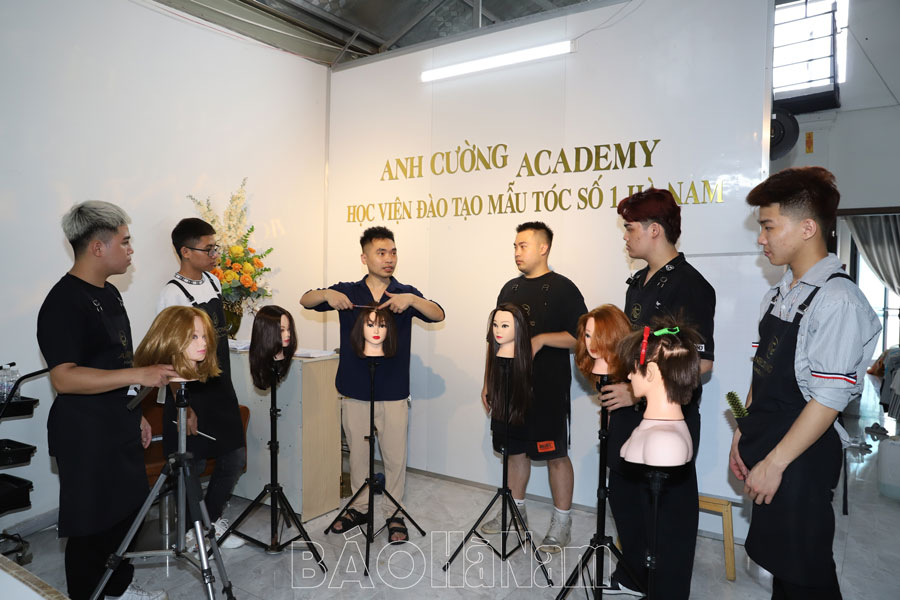
After determining the mindset, students are taught theory (only a few pages, large print, very clear and coherent process), then practice on mannequin hair tools. Mr. Cuong always lets students try studying for 1 week, so that they can feel it, if they find it suitable and like it, they can study, if not, they can stop to save time, effort and money. The basic apprenticeship period is about 2 months, students have to pay tuition to be serious in studying, then if they know the job, they can start working at the store, they will be given a basic salary and the salary will increase gradually according to their skill level. Usually, if you train quickly from 6 months to 1 year, you can open a store. If you want to improve your skills to be really good, you should stick with the store for a few years to gain experience.
Currently, Anh Cuong Hair Salon always has about 5 apprentices, aged 16-30, including junior high school and high school graduates, those who have worked in other jobs, and those who have returned from working abroad. The students said that they want to quickly learn the profession to go to work, so they choose a vocational facility to learn. With experience, love for the profession, and wanting to pass on the love for the profession to the students, Mr. Cuong, along with teaching the profession, also provides them with basic knowledge, such as creating a mindset, understanding ethics and culture in the profession, having a passion for the profession, etc. This helps them have a foundation for sustainable development and have the opportunity to advance in the profession.
In addition to hair salons that often have many apprentices, other beauty establishments such as spas, nail salons, and beauty salons also have many apprentices. Nguyen Phuong Hoa, a spa technician at a spa in Phu Ly city, shared that she also learned how to do this job thanks to her apprenticeship at a spa in Hanoi and it became her livelihood. Hoa said that after finishing high school, she went to Hanoi to work but the job was not stable, she followed a friend to study at a spa, worked there for several years, when she started her own family and had children, she returned to Phu Ly to work. Hoa said that almost all spa technicians learn their trade directly at the spa. Here, students are also taught basic theory and most importantly, practice from easy to difficult levels. There are many spa techniques, not easy, and they mainly care for and improve facial skin, so if they are negligent, it will greatly affect customers as well as the business of the establishment. Therefore, the owner of the establishment is very strict in recruiting workers. If one wants to have a job, the learner must have talent, be very dedicated, diligently learn techniques, use supporting machines, and even after becoming a professional, one must still continuously learn and improve their skills. In addition, customers coming to spa shops not only need to beautify themselves but also need to relax. Therefore, spa staff must know how to talk to satisfy customers, so that they will stick with the shop for a long time.
For the field of aesthetics, according to some people working in the profession, they have to study at reputable aesthetic establishments in big cities, find experienced people to teach because this job is more difficult and if there are mistakes, it will cause serious consequences. And even working in spas or aesthetics, they often have to update their knowledge and new techniques because this field is constantly developing.
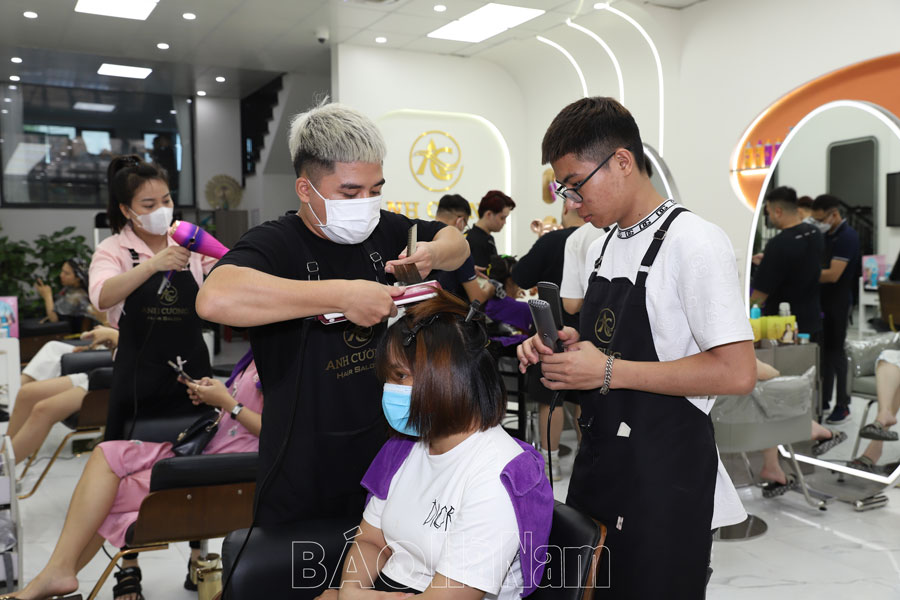
Learning and teaching a trade in vocational establishments is a traditional form of learning and teaching a trade. Currently, although there are vocational schools, the form of learning a trade in vocational establishments still attracts a large number of learners because of its effectiveness, "learning" is closely linked to "doing", learning while doing. For the beauty industry, vocational schools are not yet paying much attention, plus the nature of the beauty profession requires a lot of practice, learning through practice, so those in need often choose to apply to vocational shops. Vocational establishments accept students to study with the purpose of having more workers, passing on the profession, improving reputation, and also having some funding. With many beauty establishments, the owners and main workers, although already good at their jobs, often participate in courses and competitions to improve their skills and competitiveness, many people are awarded certificates and certifications in competitions. Therefore, they have enough conditions to teach a trade. In Ha Nam, there is no such thing, but in big cities, there are beauty establishment owners invited by vocational schools to give lectures. Most apprentices, after learning the trade, stay and work at the establishment for a while, some for a few years, some for many years, becoming the shop’s main craftsman. Those who, after finishing their studies, want to open their own shop are mostly taught, consulted, and supported by the establishment’s owner in the initial period.
The demand for beauty is growing, and with it, the number of service establishments in this field is increasing, requiring a certain amount of human resources. While vocational schools have not focused on beauty professions, teaching and learning at private beauty establishments not only meets the needs of learners, helps establishments affirm themselves, but also contributes to vocational training and job creation in general.
Do Hong
Source link







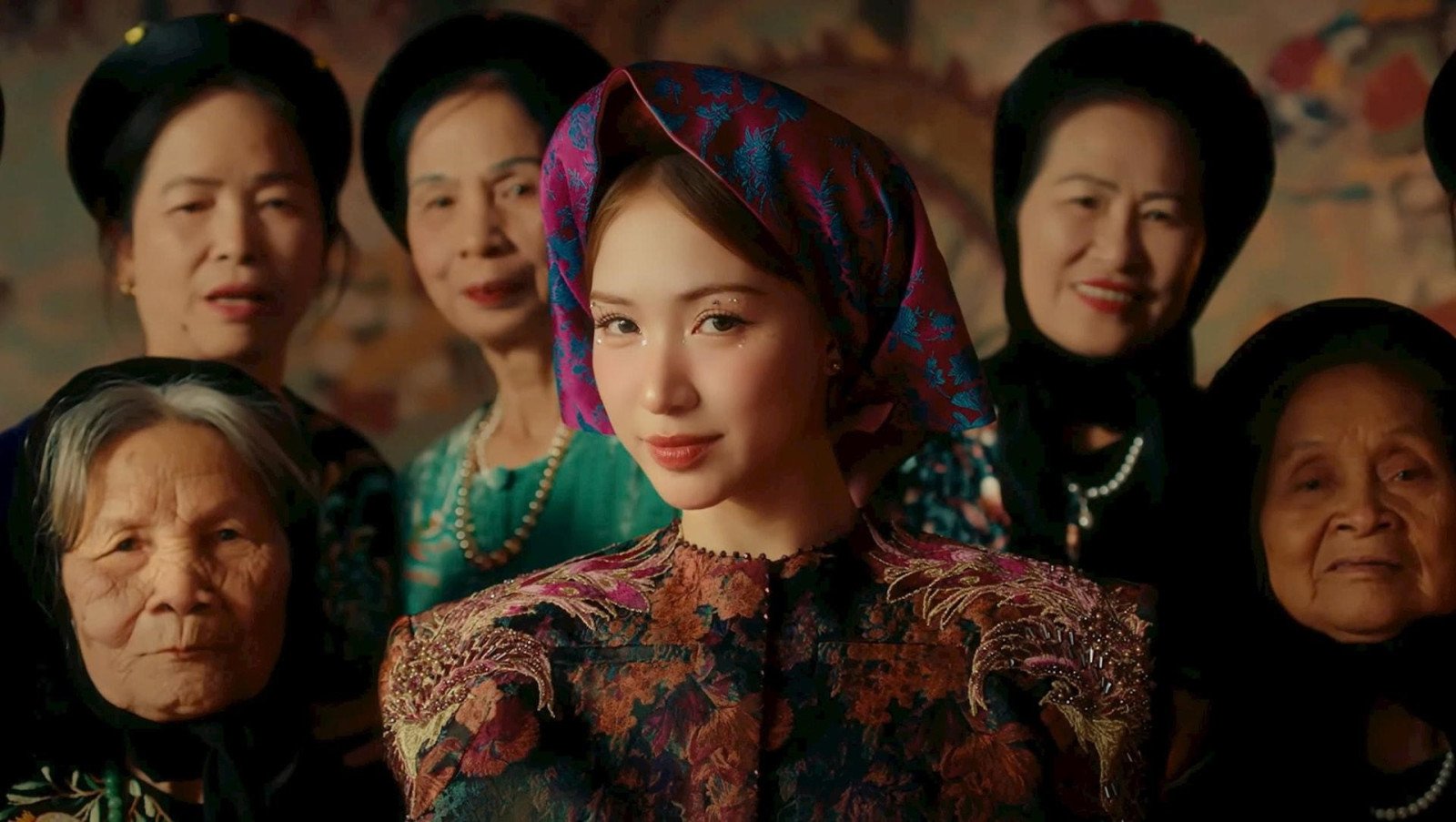



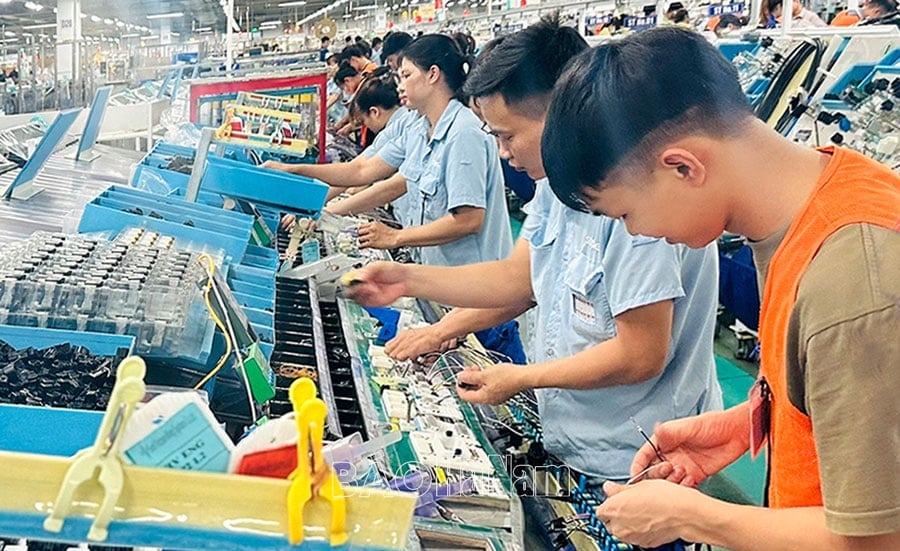


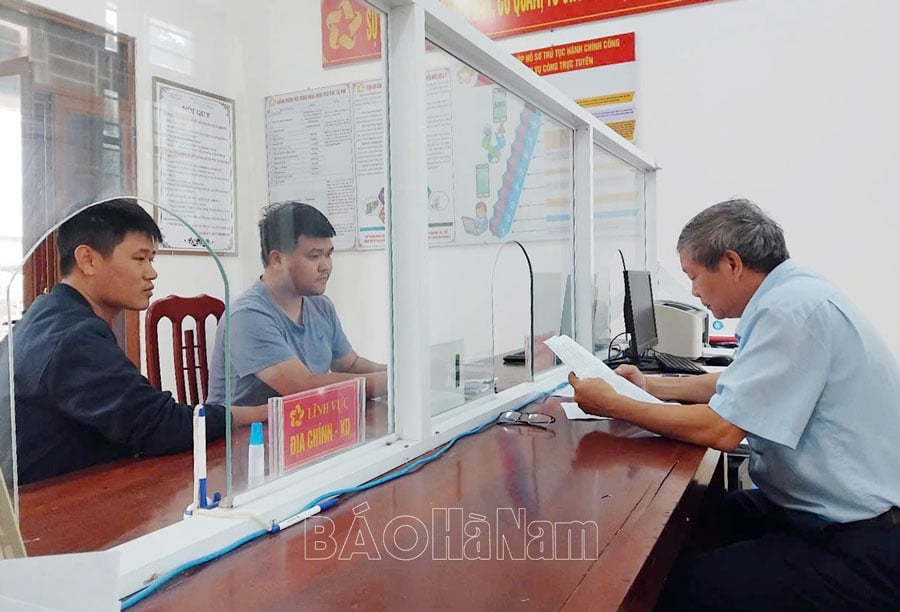











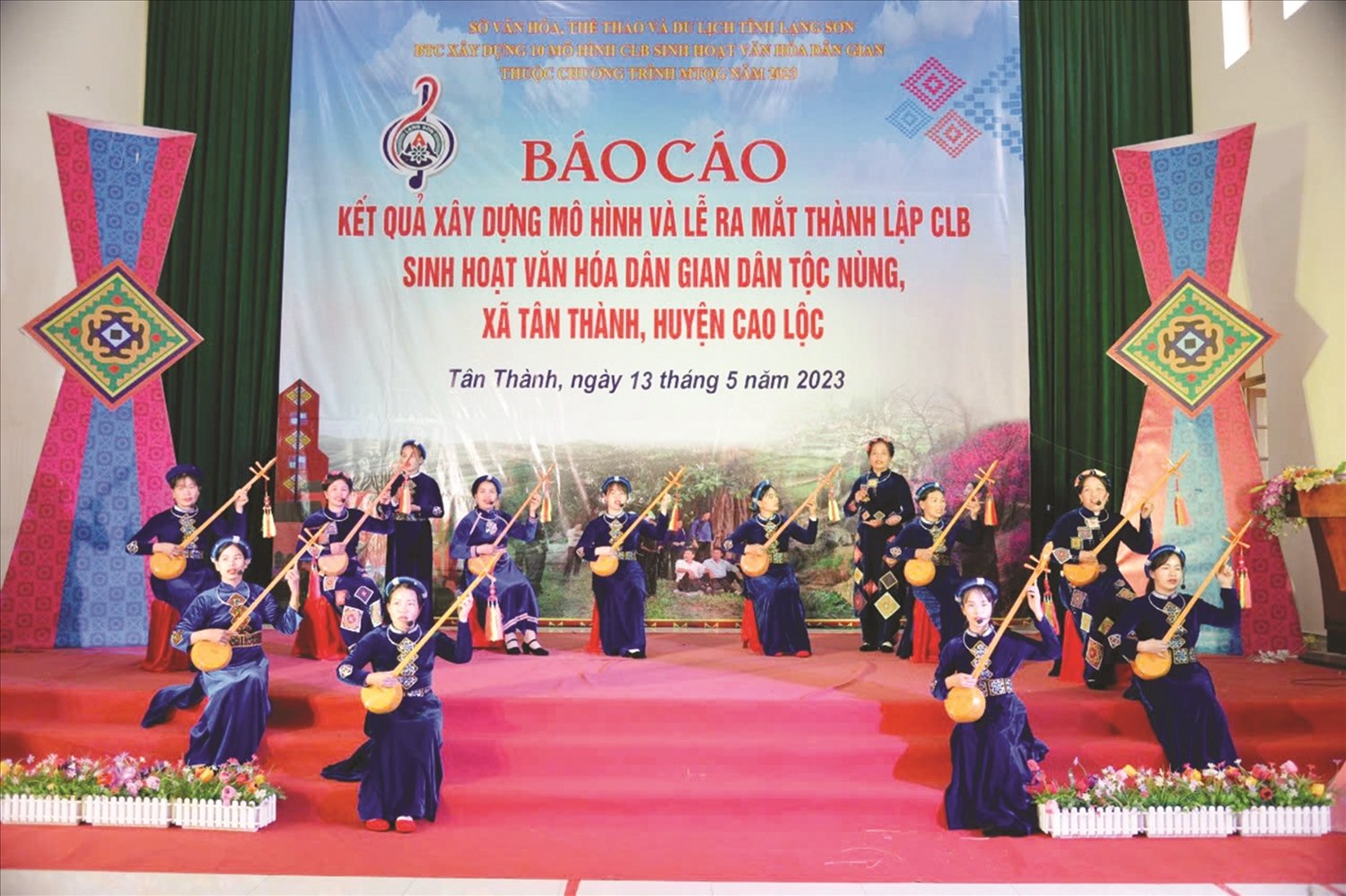





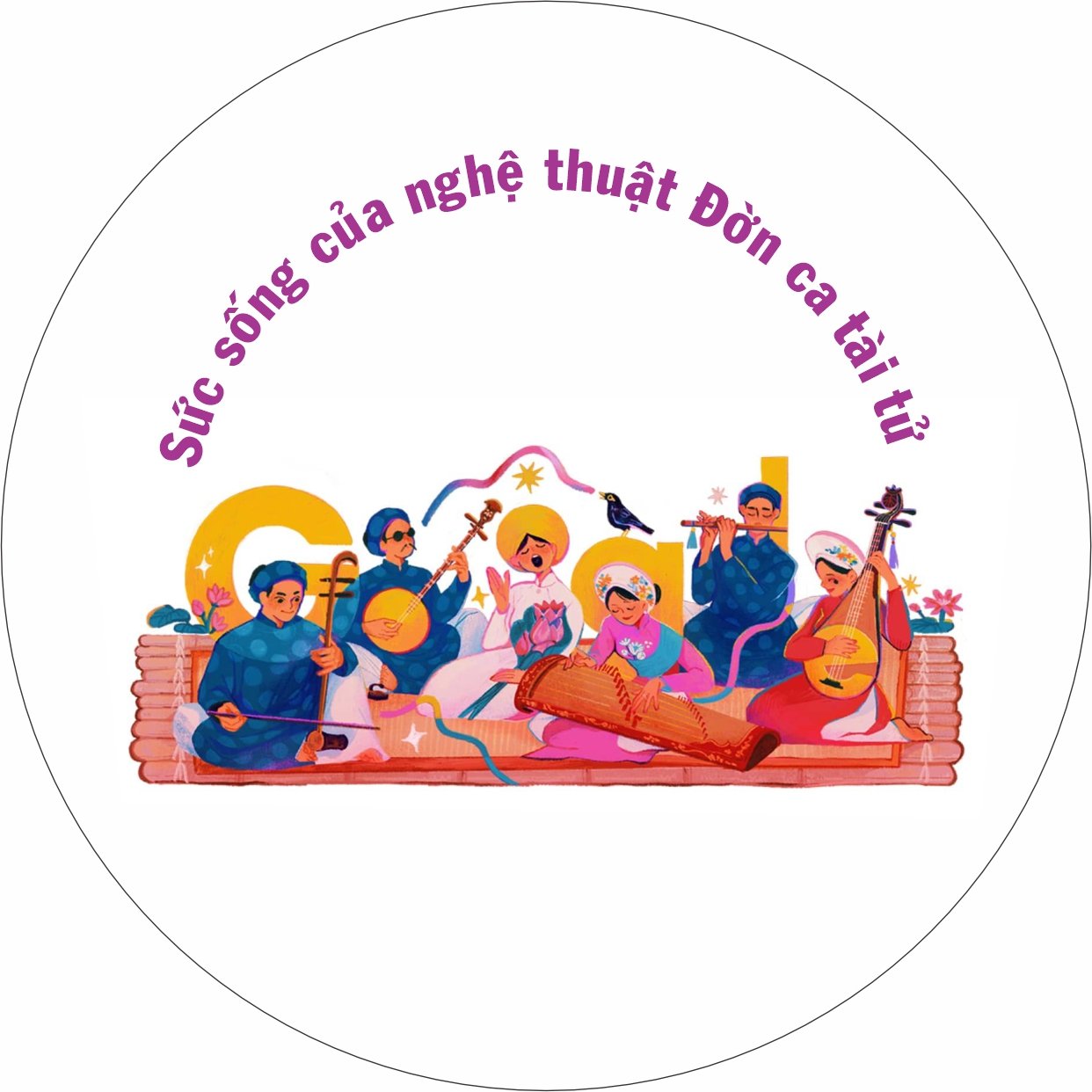



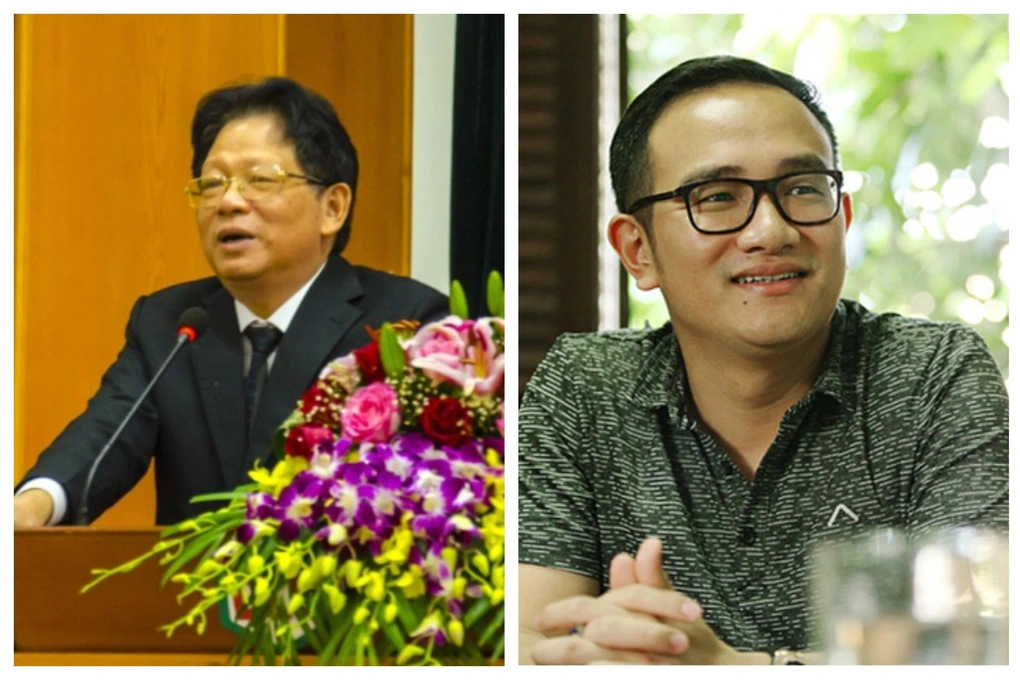



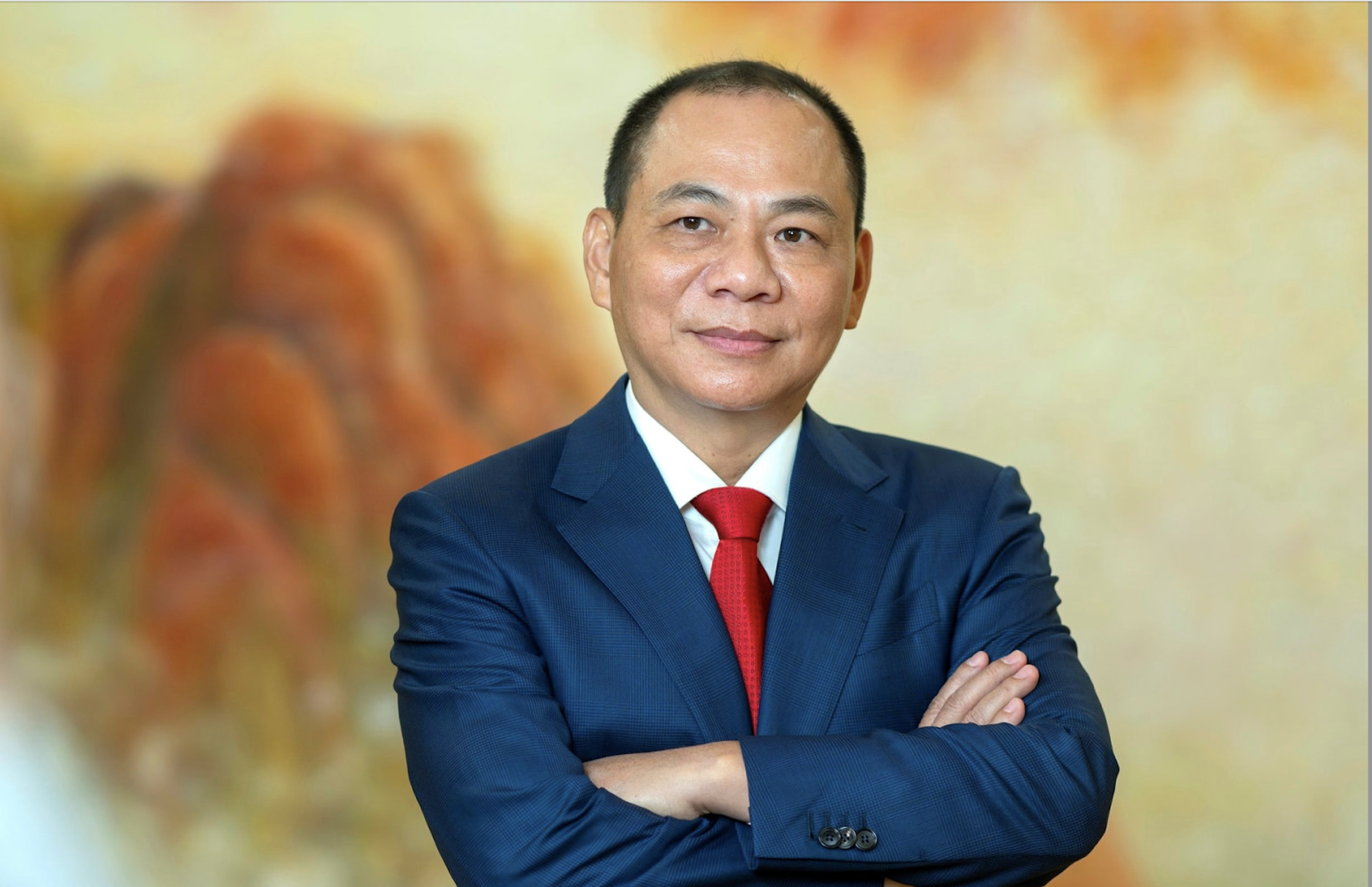



































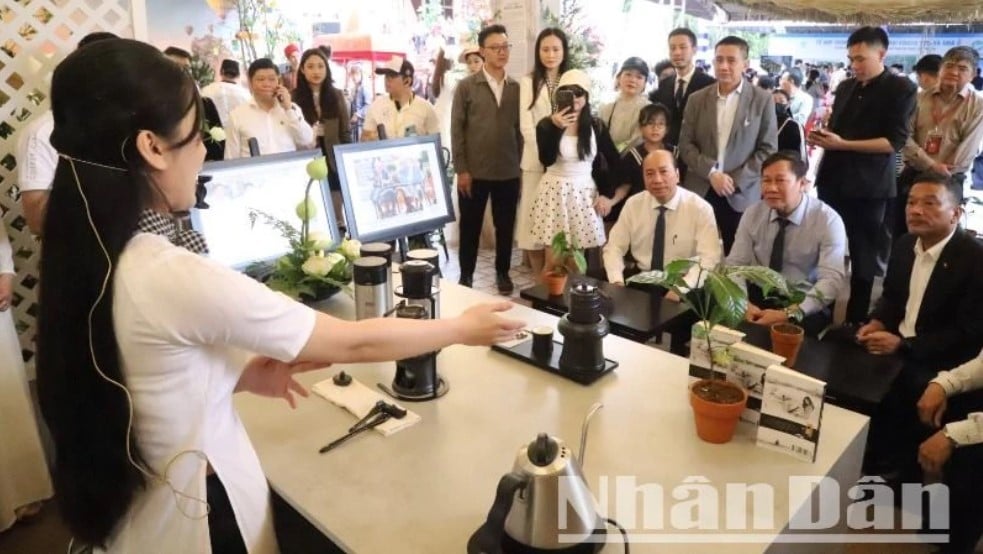

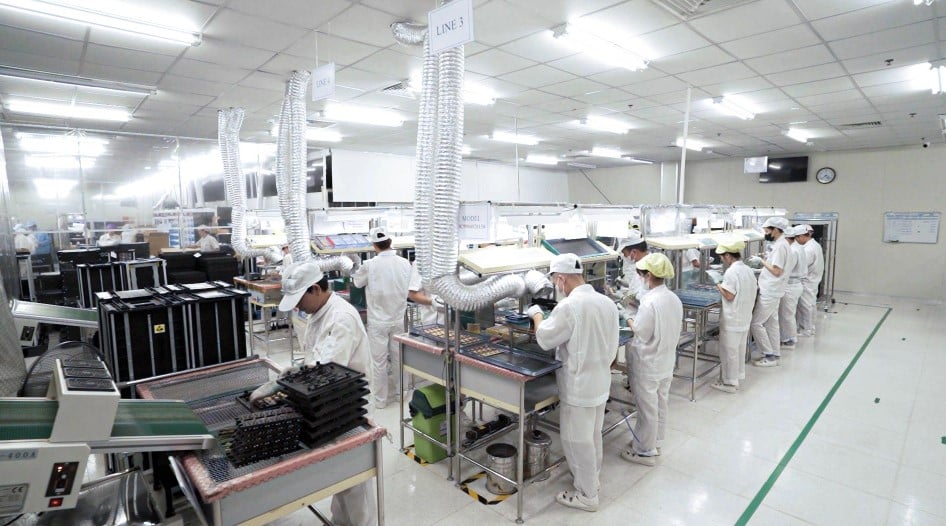






Comment (0)